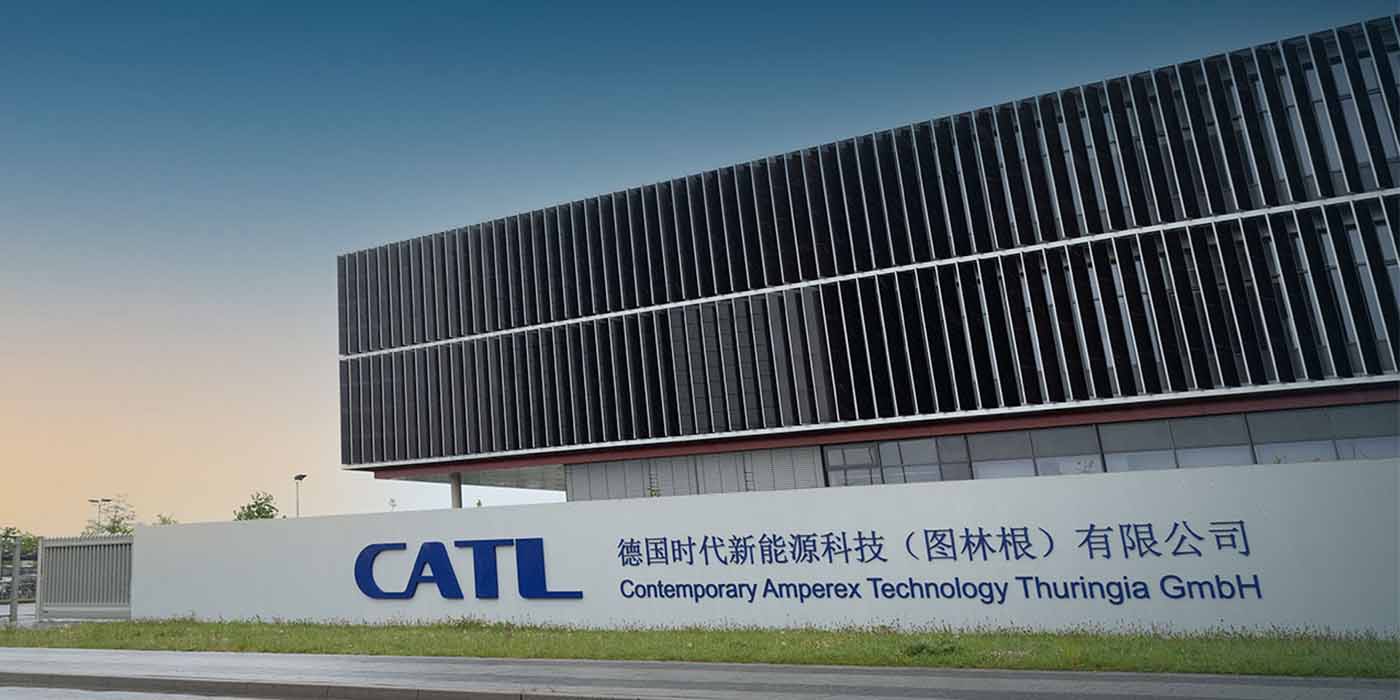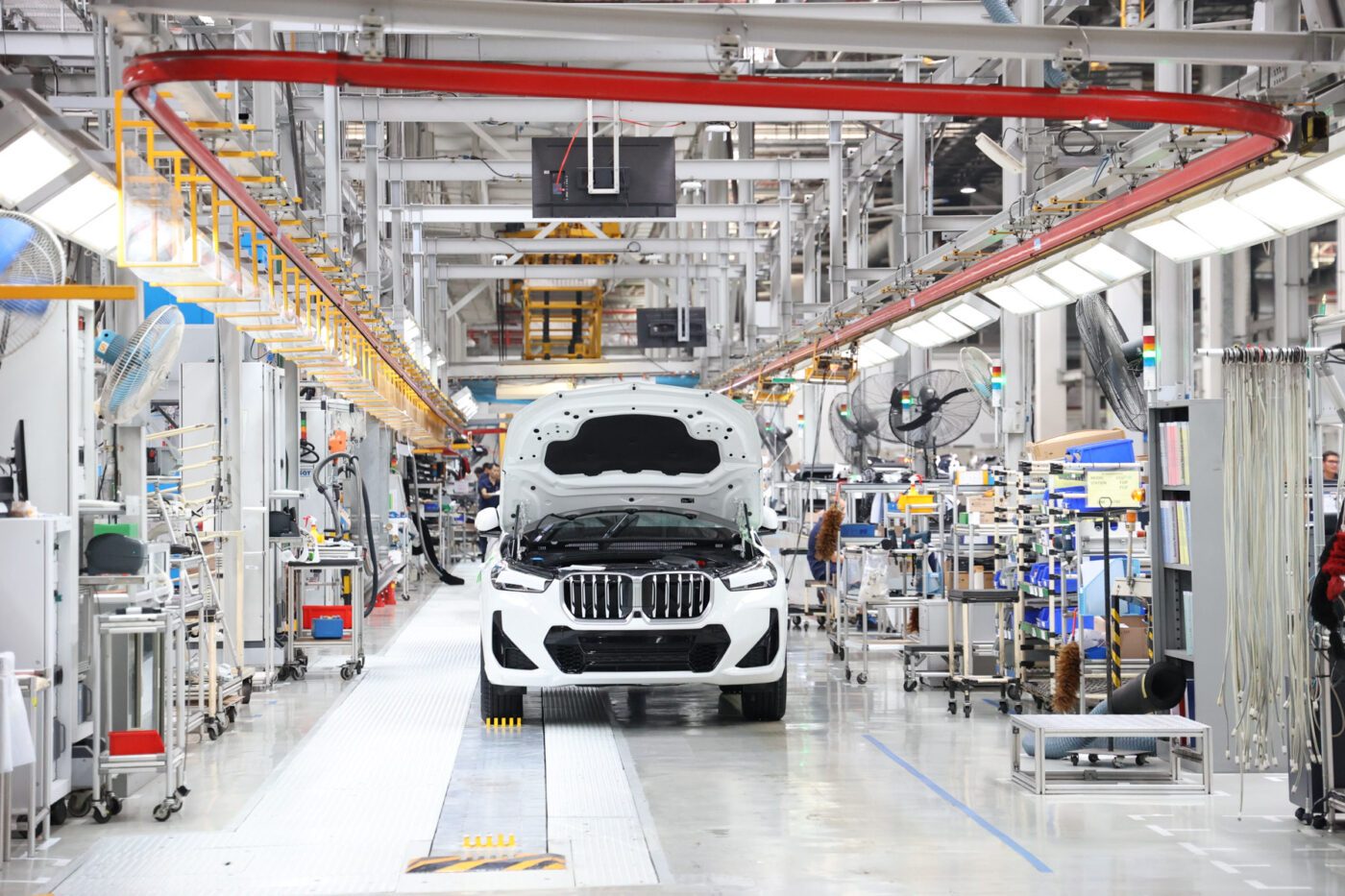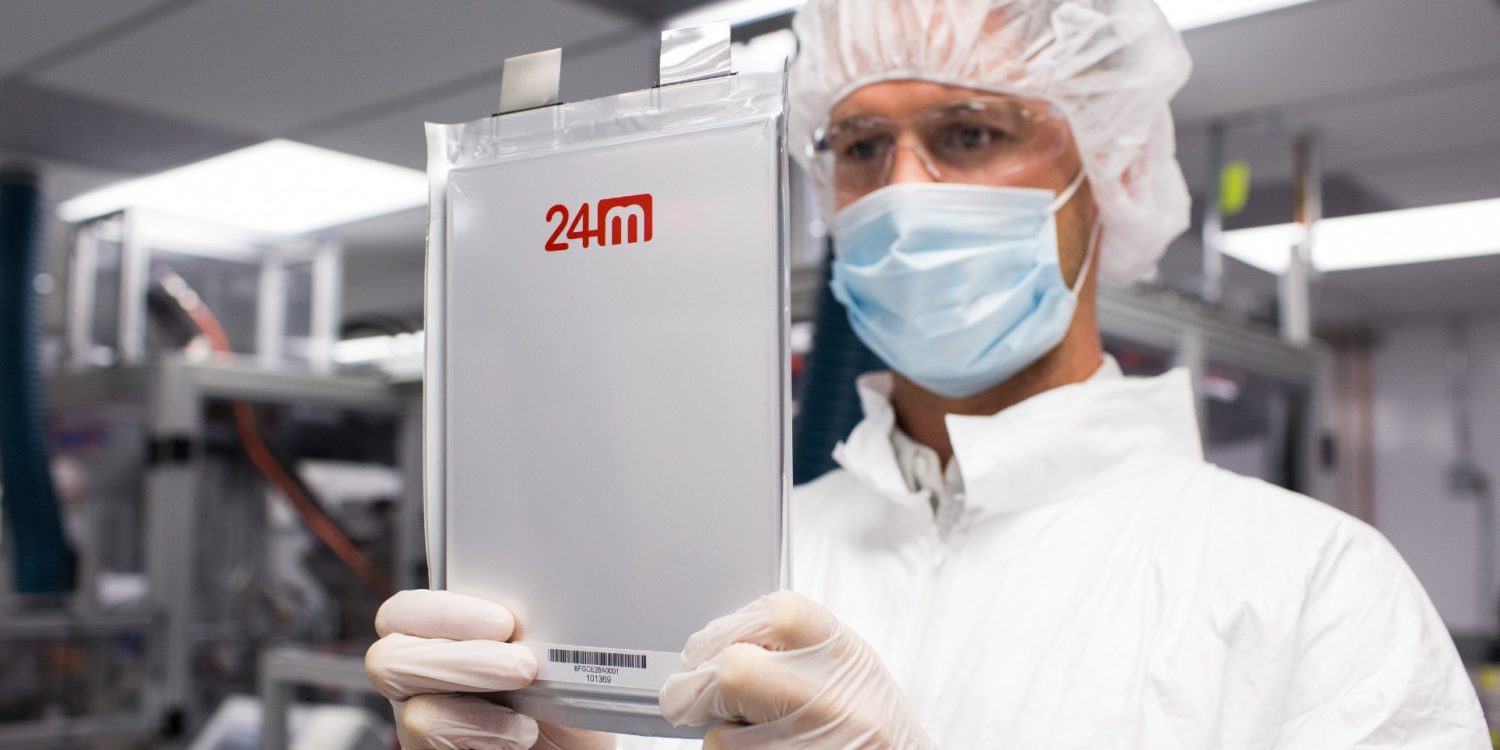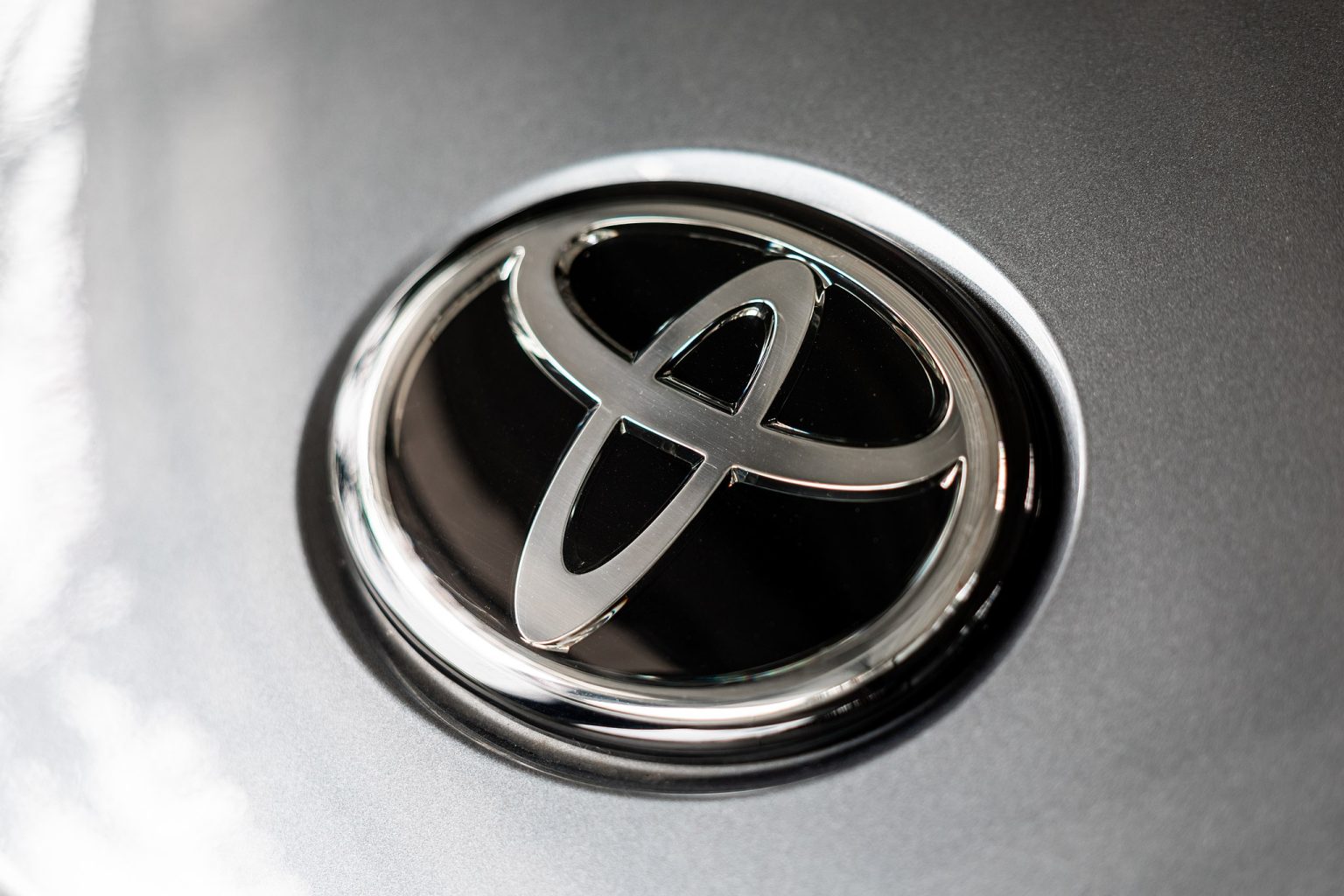CATL is exploring the establishment of research and development centers in Hong Kong, aiming to pioneer cutting-edge technologies for licensing worldwide and within the industry, its chairman disclosed to reporters on Monday.
This potential expansion aligns with CATL’s strategic shift towards exporting battery technologies, not just batteries, as Chinese electric vehicles (EVs) and batteries come under escalating scrutiny from foreign administrations.
See also: CATL’s M3P Battery Likely to Power Tesla Models
Chairman Robin Zeng, the visionary behind the world’s largest battery manufacturer, shared these insights ahead of a session of China’s parliament, the National People’s Congress. Zeng, a member of the Chinese People’s Political Consultative Conference (CPPCC), a prestigious advisory body comprising experts, business magnates, and political party representatives, attended the opening meeting of the annual gathering on Monday.
While CATL has endeavored to license its technologies abroad, some attempts have faced hurdles. For instance, Ford’s announcement last year to invest $3.5 billion in an EV battery plant in Michigan with support from CATL’s technology drew criticism from certain U.S. lawmakers.
See also: CATL Restructures Executive Shareholdings to Avoid U.S. Foreign Entity Designation
The concerns regarding China’s influence in the EV battery supply chain have expanded to encompass the nation’s burgeoning role as a vehicle exporter. With domestic demand waning, exports have become a key growth driver for Chinese automakers.
The European Commission initiated an investigation last year into China’s EV subsidies. Addressing concerns about Chinese overcapacity, Zeng noted that Europe lacks a sufficient supply of “higher-quality” products at present.
Zeng expressed confidence in the government’s steadfast support for the EV industry as China strives to achieve carbon neutrality goals. Despite a slight deceleration in the European market, characterized by the perceived high costs of electric vehicle batteries, Zeng anticipates that increased investments in battery plants in Europe will fuel further expansion.
See also: CATL Leads Global EV Battery Market with 36.8% in 2023, BYD Follows with 15.8%: SNE Research
He believes Germany will swiftly close the gap in electrification and could soon request more EVs from China. Regarding the recent U.S. inquiry into potential national security risks posed by Chinese vehicle imports and “connected” car technology, Zeng dismissed such concerns as needless, suggesting that dialogue could address them effectively.







